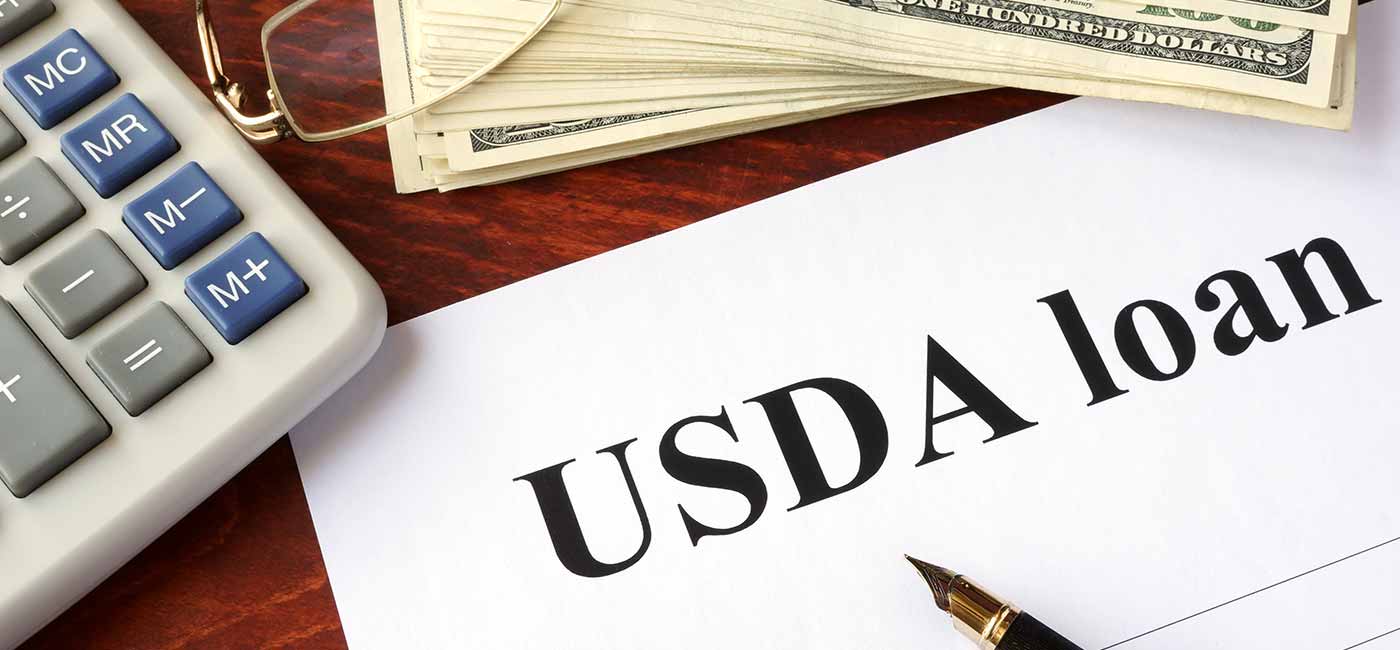Buying a home is an exciting accomplishment, but it can be a lengthy process. The first step toward becoming a homeowner is getting approved for a mortgage. When you apply for a home loan, the lender will ask for a number of documents to prove that you’ll be able to make the payments. You should have an understanding of the minimum qualifications for mortgage borrowers so that you know what your chances are of being approved.

Conventional Loans
There are several categories of mortgage loans, and the specific qualifications can vary depending on the type of loan. The most common type of loan is a conventional loan, which is provided by a private lender and does not include a government guarantee.
Conventional loans can be further broken down into other categories. For example, a conforming loan is a type of conventional loan with guidelines set by Fannie Mae and Freddie Mac, which are government-sponsored entities. This loan tends to have stricter requirements than other loan types. A non-conforming loan is issued by a private lender without any government involvement, so it doesn’t always use the same guidelines as a conforming loan.
Conventional loans can also be qualified or non-qualified. A qualified loan meets the Consumer Financial Protection Bureau’s requirements, which ensures that the borrower is financially able to manage the loan. Non-qualified loans do not meet these guidelines, so their requirements for approval are less strict.
The qualifications for a conventional home loan vary depending on the type of loan. Here are the general guidelines for what you’ll need to qualify for a mortgage.
Income and Employment
To approve you for a loan, lenders need to know that you have a reliable source of income. This can include a work salary, bonuses, self-employment income, child support, or income from rental properties.
You should have documented proof of consistent income for the last two years. Be prepared to provide pay stubs, tax returns, bank statements, or W2 or 1099 forms to confirm your income and employment with the lender.
Fannie Mae and Freddie Mac set income requirements based on the location and the size of the loan. Other types of loans may not have a specific requirement, but your income will have a direct impact on the amount of money you qualify for.
Debt Ratio
The lender will consider the amount of debt you have compared to your income. Someone with a $40,000 income and no debt looks more appealing to a lender than someone with a $100,000 income and $300,000 in debt.
You can calculate your debt-to-income ratio by dividing your monthly debt payments by your pre-tax income. In general, lenders like to see a debt-to-income ratio of less than 45 percent, but they may accept a higher ratio if you have a high credit score.
Credit Score
Your credit score is a measure of how trustworthy you are as a borrower. It is calculated using the following factors:
• On-time payment history
• Credit utilization
• Length of credit history
• Types of credit accounts
• New credit and hard inquiries
A score of 580 is considered fair, a score of 670 is considered good, and a score of 740 is considered very good. The minimum credit score to get approved for a conventional loan is 620, but a higher score can get you a better interest rate.
Down Payment
The down payment is the amount you pay up-front for the home. Lenders want you to have some equity in the home so that you never owe more than you can sell it for. Most lenders accept down payments from these sources:
• Checking and savings accounts
• Stocks, bonds, or other investments
• Trusts
• 401(k)s or IRAs
• Cash value life insurance
You typically cannot take out a personal loan to cover a down payment. The minimum payment is usually 3 percent for a conventional loan, but lenders may offer you a lower interest rate if you offer more up-front.

FHA Loans
An FHA loan is backed by the Federal Housing Administration. It’s especially popular for first-time homeowners, but it is available to anyone. The qualifications for an FHA loan are slightly different than conventional loan requirements.
Income:
The FHA does not set an income limit.
Debt ratio:
The maximum debt-to-income ratio is typically 43 percent, but the FHA may approve a higher ratio if you have a high credit score.
Credit score:
Borrowers can be approved with a score of 500 or higher.
Down payment:
If your credit score is 580 or higher, the down payment for an FHA loan is 3.5 percent. If your score is between 500 and 580, you must put 10 percent down.

VA Loans
VA loans, which are backed by the U.S. Department of Veteran Affairs, are available to veterans, active-duty military members, reservists, and eligible spouses.
Income:
Lenders will request proof of consistent income, but there are no set income requirements.
Debt ratio:
VA loans generally require a debt-to-income ratio of 41 percent or less, but lenders may approve a higher ratio depending on your income and credit score.
Credit score:
Most VA lenders prefer a credit score of 620 or higher.
Down payment:
VA loans do not require a down payment, but lenders may request one depending on your other financial factors.

USDA Loans
Loans backed by the U.S. Department of Agriculture are available for low- to moderate-income families who live in a designated rural area. A USDA loan can be a good option for buyers who don’t qualify for a conventional loan, but borrowers must pay a fee of 1 percent of the loan amount.
Income:
Lenders usually ask for two years of employment and income history. Income limits vary by location.
Debt ratio:
The maximum debt-to-income ratio for a USDA loan is 41 percent. If your credit score is above 680, you may qualify with a higher debt-to-income ratio.
Credit score:
You can be automatically approved for a USDA loan with a score of 640 or higher if you also meet the income requirements. Lower scores may qualify depending on income and debt-to-income ratio.
Down payment: USDA loans do not require a down payment.
In Conclusion
Purchasing a home is a big financial decision, and lenders need to know that you can follow through with payments. To be approved for a mortgage, you should have consistent income, a decent credit score, and a manageable amount of debt. Be prepared to provide documentation for all of these factors to your potential lender. If you’re financially prepared for the commitment, getting approved for a mortgage can be an exciting first step toward becoming a homeowner.
We can get you in touch with an amazing local lender. Just reach out and we’ll put you in touch for a consultation!




